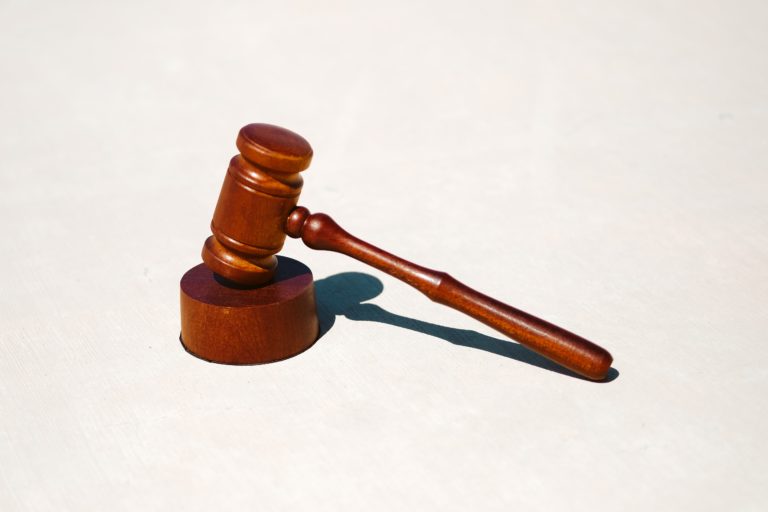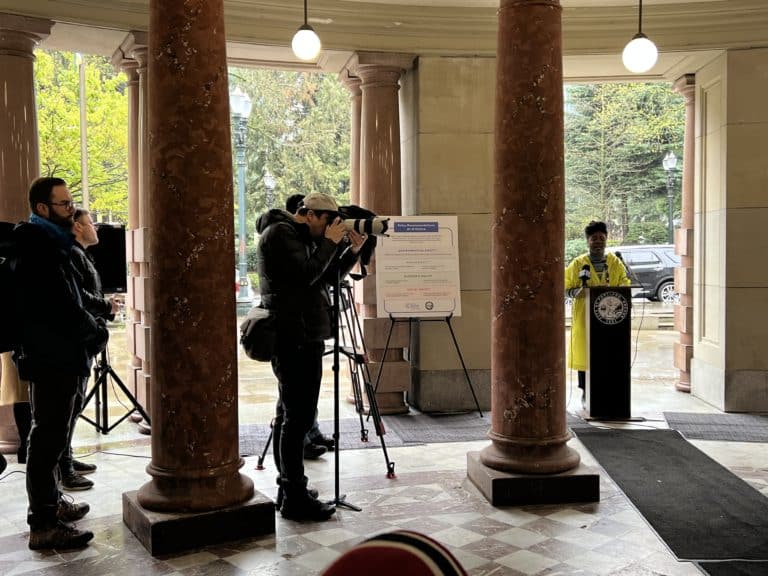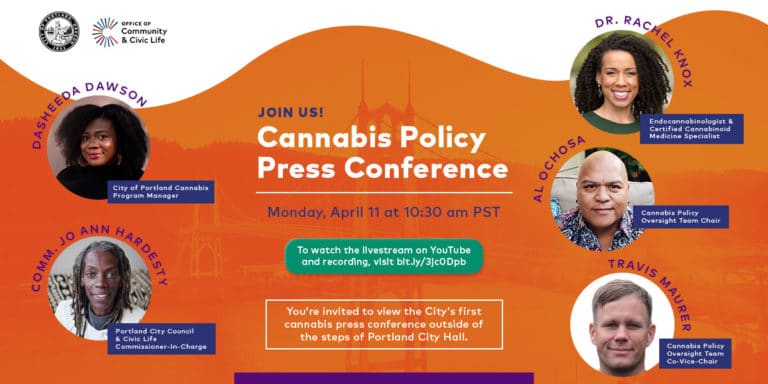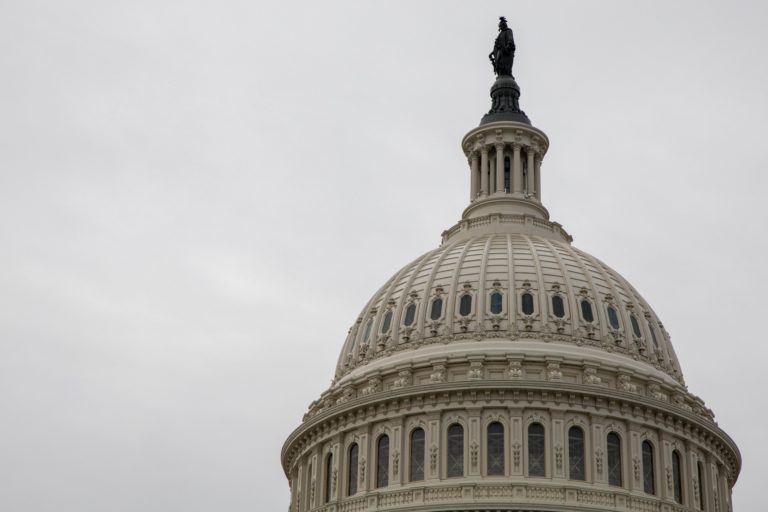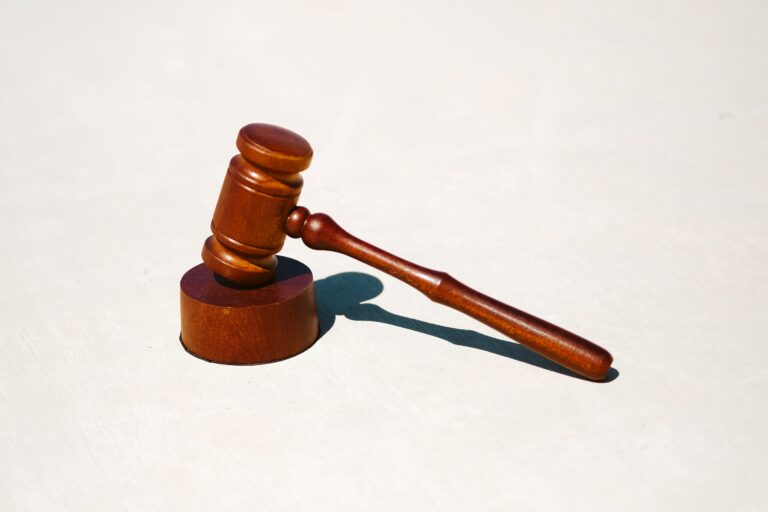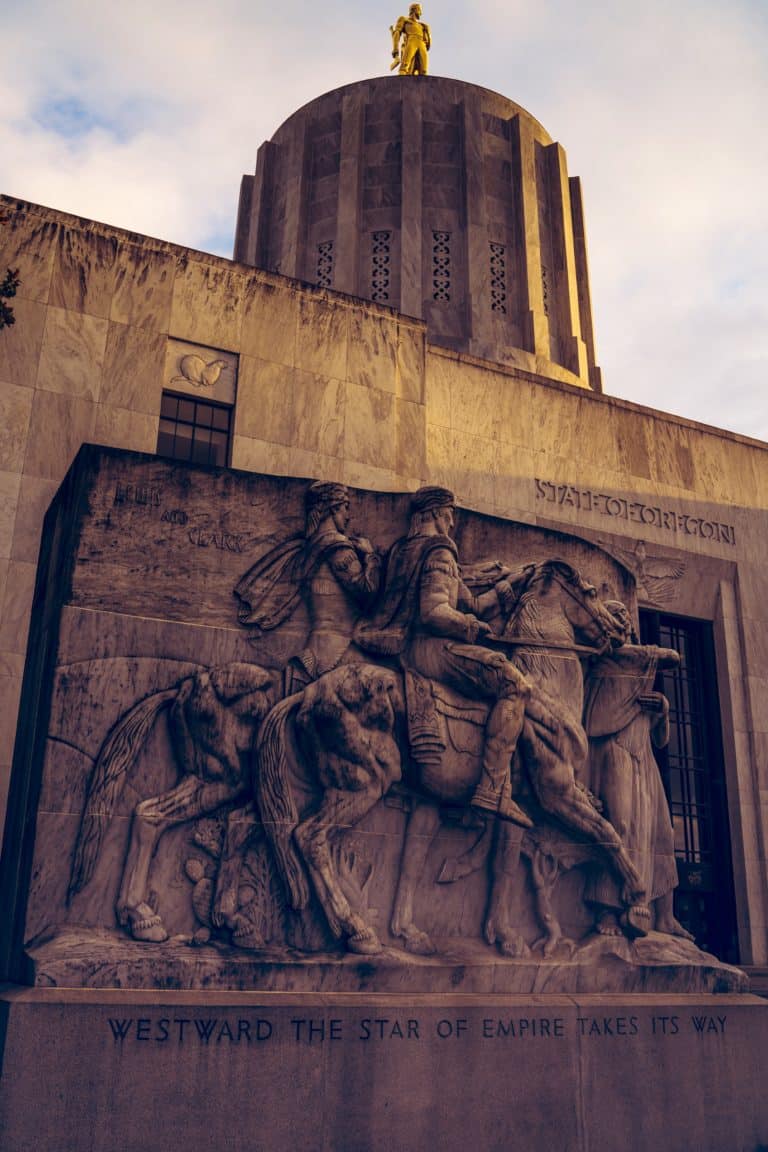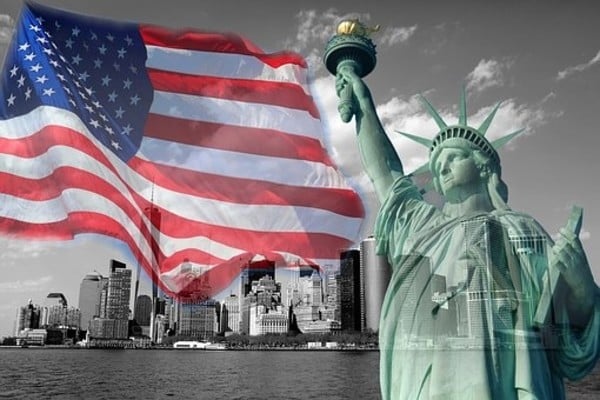
New York state’s relationship to marijuana is evolving. After years of strict enforcement of marijuana laws that disproportionately affect black and Latino residents, political leaders have finally begun to acknowledge the need for change.
The New York Times reported in May that black people are arrested for minor marijuana crimes at eight times the rate of white people, and Hispanic people at five times the rate, despite comparable usage. The ACLU has similarly advocated for legalization on the basis that enforcement practices devastate communities of color: Arrests for harmless marijuana use push black and Latino citizens into the criminal justice system, negatively impacting their opportunities for work and social benefits. White people partaking in similarly casual marijuana use continue their lives unaffected.
While recreational marijuana use is still illegal in New York, enforcement is easing and there are indications of a potential sea change. In May, New York City Mayor Bill de Blasio instructed police to stop making arrests for public marijuana consumption and instead to issue summons. The Manhattan District Attorney has declined to continue prosecuting possession and smoking charges, and popular gubernatorial candidate Cynthia Nixon has made legalization a central tenet of her platform.
New York state Sen. Liz Krueger has proposed legislation to treat marijuana like alcohol, legal for those 21 and older. Her bill also aims to use legalization to rectify injustices caused by criminalization, with proceeds from the tax revenue of legal marijuana sales –– which many estimate will amount to over $400 million annually ––- directed to “re-entry programs, substance abuse programs and job training programs in low-income, high-unemployment communities.”
Colorado began selling marijuana for recreational consumption in 2014. According to Syracuse University, the state generated $247 million in marijuana sale-related taxes and fees in the last fiscal year, a substantial portion of which was funneled to public education, substance abuse programs and mental health services. An infographic from the school’s online MBA program projects what type of similar revenue New York could rake in after legalization. Projected gross sales for recreational marijuana use come in at a sizable $3.3 billion.

Yet investors remain shy when it comes to committing to the marijuana industry in New York. The disinclination stems from a variety of sources: remaining prohibitions at the federal level, continued social stigma, and the very narrow confines of legal medical marijuana production in New York that make financial gain untenable. Currently, the state requires vertical integration, meaning each company must grow, manufacture, lab test and dispense the product, which is difficult and costly for smaller investors. Only 5 licenses have been issued for medical marijuana sales, each allowing for five dispensaries, with the grand total coming to only 25 sale locations. Ingestible and concentrated products remain the only legal options, which smoking outlawed even for medical use. Conditions to qualify for a medical marijuana card in New York are similarly restrictive, making the product available only to patients with a small range of permitted diagnoses.
The combination of costly manufacturing requirements and an extremely limited consumer pool push interested investors to operations in states with more flexible marijuana laws. But hopefully, the shifting political climate can lead to a lessening of restrictions that could draw new monetary interest, and help the state bring in funds that could ultimately go toward social programs with the potential for significant impact.
When it comes to remaining stigmas, investors need only look to evidence of a changing culture. According to a recent Pew Study , 61% of Americans support legalization, up from about 30% in 2000. Ultimately, the legalization movement is not about advancing or promoting marijuana use. It is rather the only way to stop the continued oppression of black and Latino Americans whose prospects are destroyed by minor marijuana infractions, and to generate state income necessary to rectify the havoc marijuana prohibition has wreaked on their communities.
Author Bio:This guest content was provided by MBA@Syracuse, theonline MBA programfrom Syracuse University


